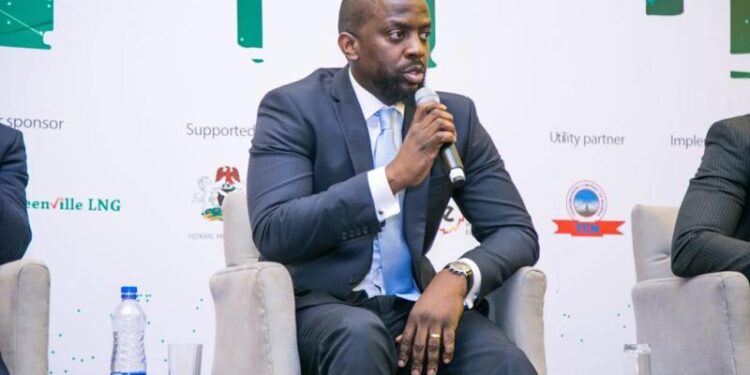States need to understand four key factors in implementing the Electricity Act. This is according to Abimbola Banjo, a partner at PricewaterhouseCoopers Limited.
He said this during a recent interview with CNBC Africa. He highlighted the fact that states participation is necessary to implement the 2023 Electricity Act which was passed in June 2023 by President Bola Ahmed Tinubu.
According to Banjo, the Electricity Act is a collaborative document between states and distribution companies (DisCos), and it provides a framework for states’ electricity generation, distribution, transmission, and regulation. He said that the states are closer to the people and can use that to further do things properly.
He said:
“If you have ten days to complete a project, it is more beneficial to use nine days of planning for the execution of the project and then you can do an excellent job for a day as against rushing into the project with one day of planning. What is required is that the states need to understand:
- “The network
- “They need to engage the utilities and understand the challenges they face
- “The network infrastructure
- “The nature of the customers.”
Collection losses
In discussing collection losses, Banjo highlighted various issues influencing the process. He mentioned that there are challenges in collecting payments because some customers feel they’re being charged too much, while others suspect significant electricity theft happening around them.
To address these challenges, Banjo suggested that states could take action. One way is by collaborating with their state houses of assembly to create laws that penalize those involved in electricity theft. These laws could include consequences such as correctional measures for defaulters, aiming to discourage them from repeating the offence.
The idea behind this approach is to emphasize that electricity isn’t a free service it’s a resource that requires payment, and measures should be taken to ensure its fair use and compensation.
Tariffs
Banjo pointed out that the cost of electricity is quite expensive, and the country’s current electricity system has provisions for cross-subsidies. Yet, there’s something called the Power Consumers Assistance Fund, which is a part of the Electricity Act.
This fund can receive the money from these cross-subsidies. Additionally, the Federal and state governments have the opportunity to contribute more funds. These additional funds could be used to provide support for struggling Nigerians by subsidizing the costs of meters and electricity tariffs.














